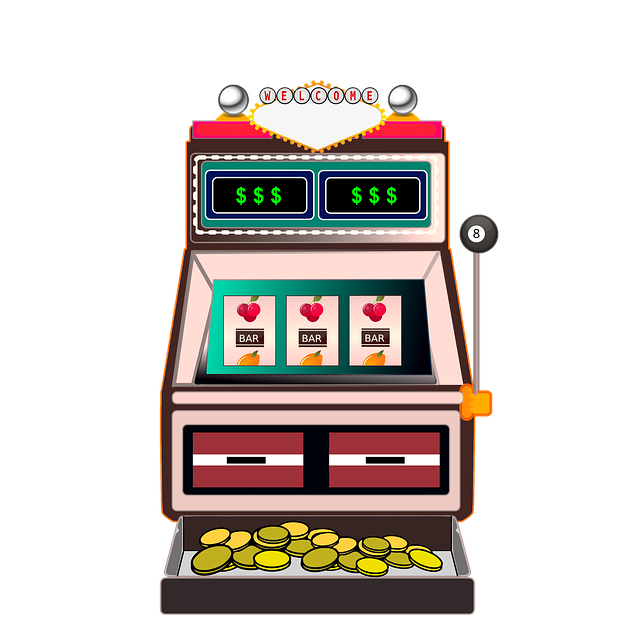Implied odds explain situations when your odds are better than they seem. There are other times when you must realize that your odds are not as good as they seem. These situations occur when you have a mediocre hand with little chance of improving, which you think is the best hand at the moment, yet your opponent keeps betting. You think he may be bluffing, and you can beat only a bluff— that is, a hand that is weaker than what your opponent is representing.

However, since your opponent is controlling the betting, he will probably back off on later rounds if he doesn’t have you beat. Thus, you are in the position of winning the minimum if you have the best hand but losing the maximum if you have the worst hand. The true pot odds in such situations are much worse than they seem, and so we call them reverse implied odds.
Obviously, the larger the size of potential bets, the greater your implied odds and the more reason you have to call with a hand that might improve to the nuts. However, the other two factors are important too. In adding the possibility of future bets to the present pot to get your implied odds, you should take into account whether the strength of your hand is hidden. When the cards that help are obvious, you cannot expect to get as much value out of your hand.
